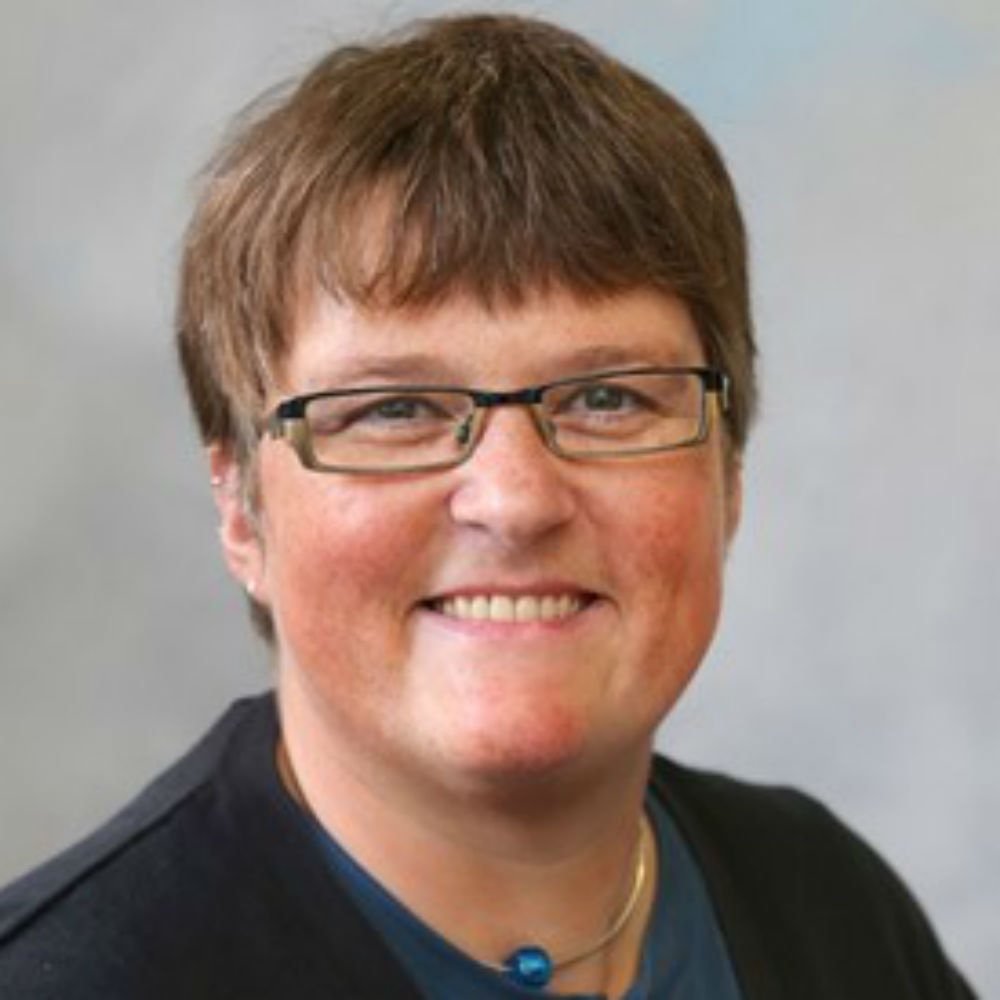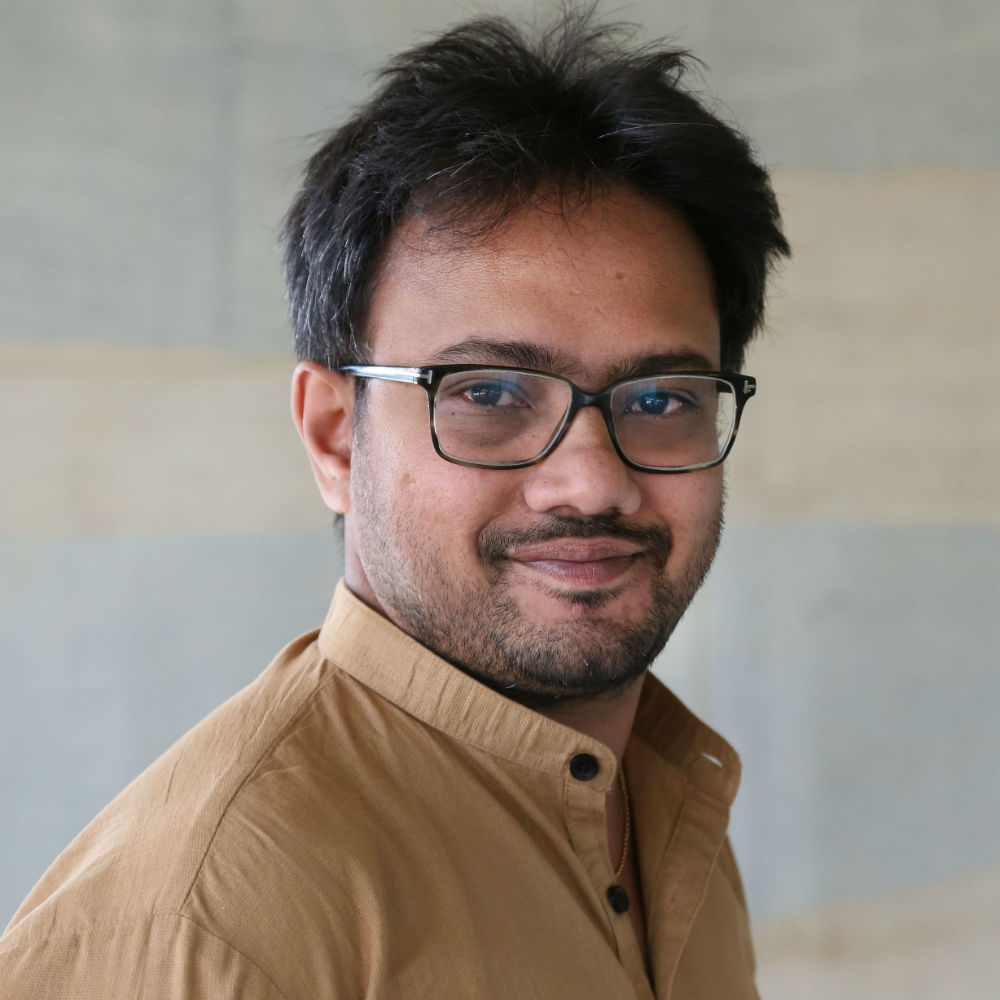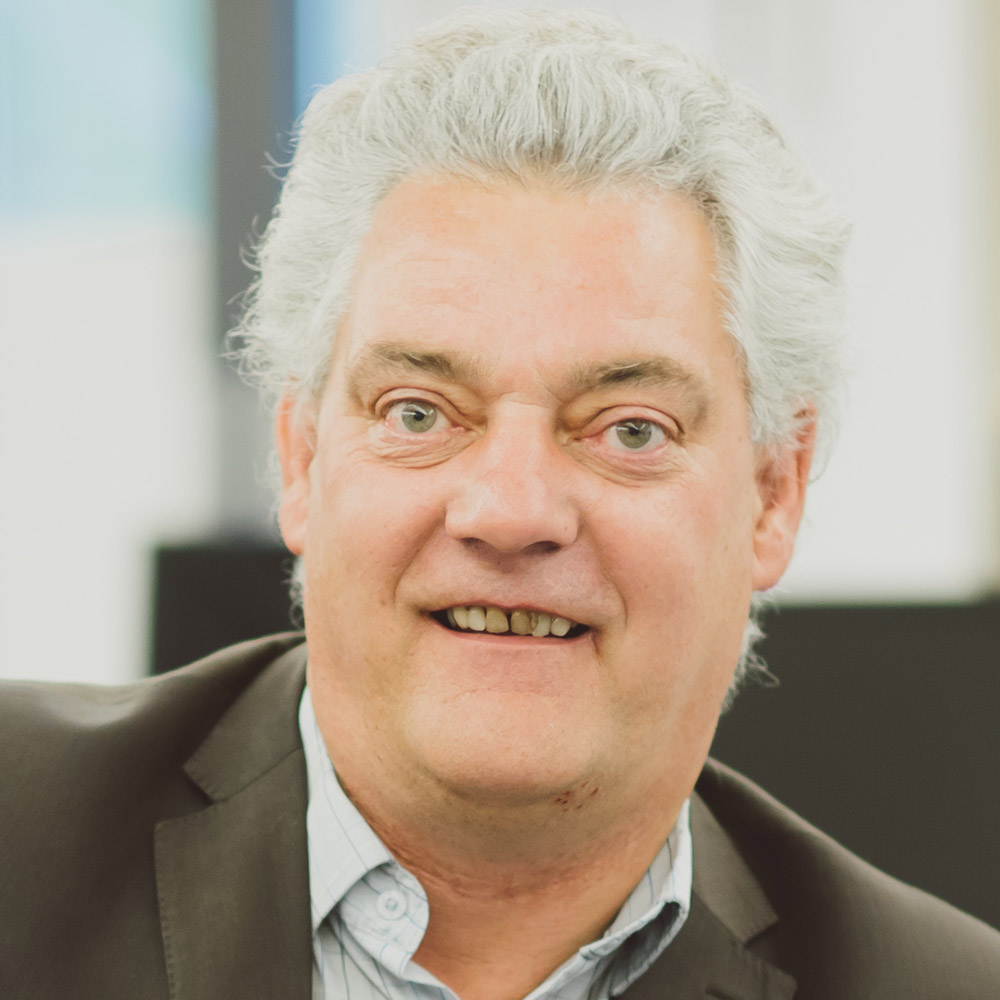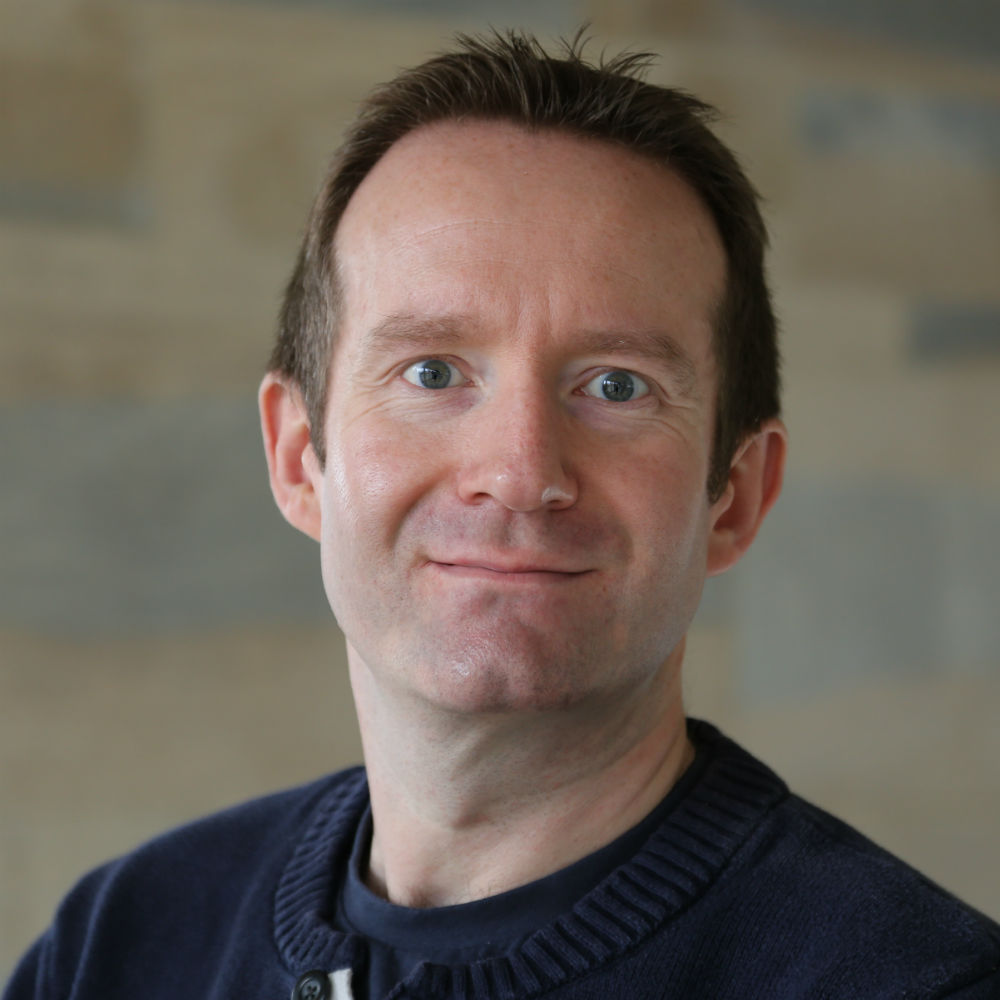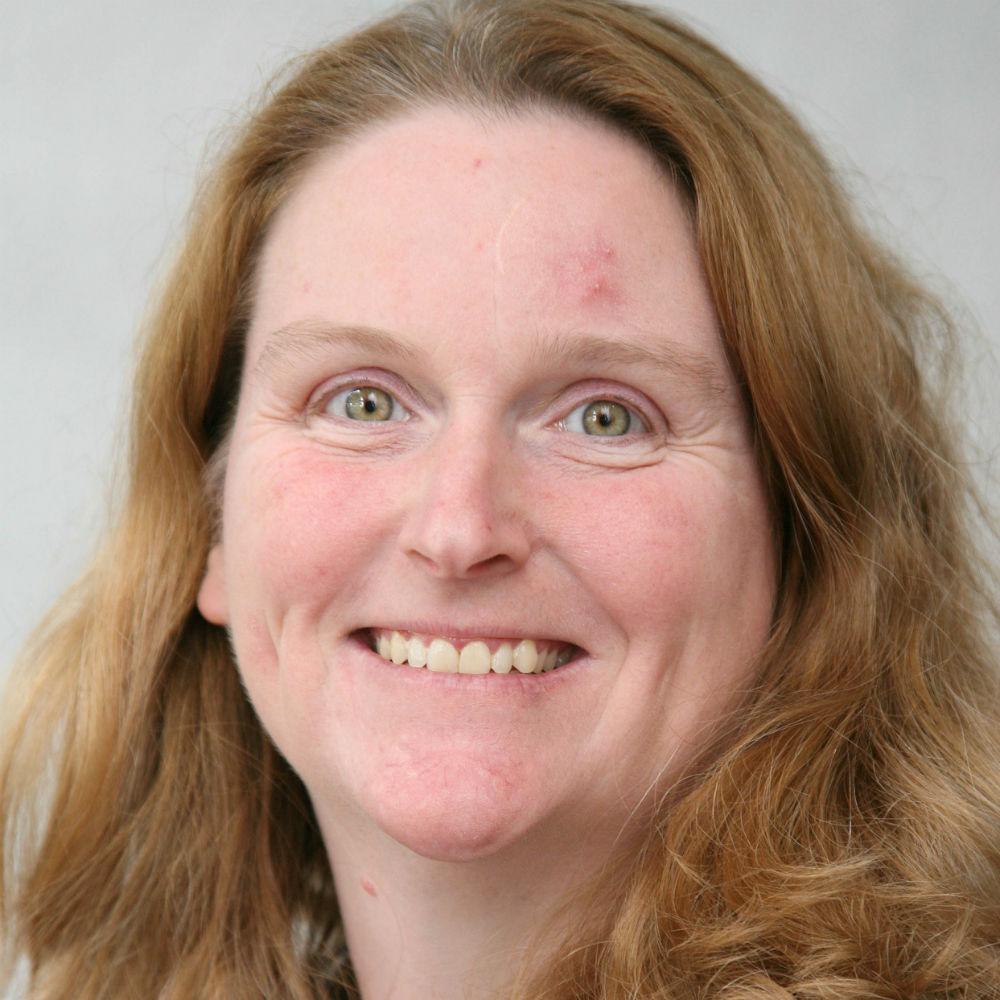Our people
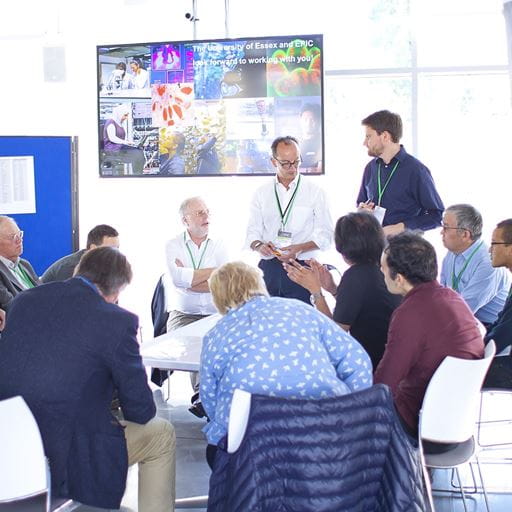
Discover the people behind the Essex Plant Innovation Centre
EPIC is composed of members from across the Schools of Life Sciences and Computer Science and Electronic Engineering who are at the forefront of innovative plant science.
Find out more about the areas of specialisation, research interests and successes of our members below.
Read more about Tracy's work
Professor Tracy Lawson is Director of the Essex Plant Innovation Centre and a plant biology researcher in the School of Life Sciences. Her research is aimed at improving plant productivity and primarily focused on stomatal physiology. As part of her research, she has also developed a number of novel tools and phenotyping approaches to assessing plant health and performance.
Professor Lawson supervises an active research laboratory and has secured funding from NERC, BBSRC, and the EU often working on maximising crop yields and improving plant resilience. She is an author or co-author on over 125 peer-reviewed research papers and book chapters and in 2020, she was included on the list of Highly Cited Researchers produced by Clarivate.
Professor Lawson works closely with non-academic industrial partners and stakeholder to apply her research findings and innovative tools to monitor plant performance in commercial (indoor and outdoor) environments. This engagement has also led to the development of novel commercial products for the business.
Read more about Phil's work
Professor Philip Mullineaux is a researcher in plant molecular biology in the School of Life Sciences.
The Mullineaux laboratory has been based at the University of Essex since 2004, researching the genes underlying and influencing stress responses to high light intensities, heat stress and water deficit. He is interested in gene regulatory networks in plants common to these environmental challenges, particularly how reactive oxygen species (ROS) arising from photosynthesis act as secondary messengers to drive acclimation and how these interact with regulatory proteins in these networks.
His recent work examining the effects of high light on living plant cells and their signalling processes have led to development of biosensor technology with capabilities for crop monitoring applications and the identification of regulatory factors which set photosynthetic capacity. He is now working transferring this research to horticultural and arable crops to increasing their productivity and quality in limiting light intensities and when faced with higher temperatures.
Read more about Christine's work
Professor Christine Raines is currently the Pro-Vice Chancellor of Research at the University of Essex while still leading an active research group within the School of Life Sciences.
Professor Raines research involves the transgenic manipulation of lead carbon metabolism and the role of plant biotechnology in improving plant yield. She is also interested in areas of photosynthesis, field studies on the impact of elevated CO2 on carbon fixation and on acclimatory responses of diatoms.
At present, she has two active grants, funded by the European Commission and the Bill and Melinda Gates Foundation, on improved photosynthetic efficiency for sustainable agriculture. Professor Raines has also held a number of prestigious positions including Editor in Chief of the Journal of Experimental Botany and President of the Society for Experimental Biology.
Read more about Vishuu's work
Dr Vishwanathan Mohan is a researcher and lecturer in cognitive robotics in the School of Computer Science and Electronic Engineering (CSEE). His research focuses on the interlinked challenges of understanding natural intelligence and building intelligent machines (robots, cobots) with diverse end-user applications mainly, robotics in agricultural processing and robot companions for social care.
He is the PI of Innovate UK project, ‘Versatile’, on transforming food production in the UK and China that focusses on configurable and autonomous robotic harvesting of strawberries, tomatoes and aubergines in vertical growing systems. His work on bioinspired and dextrous robotic manipulation is being applied in a range of projects such as adaptive motion control in cutting machines, lettuce transplanting (with Anglia Salads) and wheat 3D point cloud analysis.
Dr Mohan’s research has been widely covered by national and international media as well as featuring in the National Farmers Union ‘Future of Food 2040’ (.PDF) report.
Read more about John's work
Dr John Woods is a senior lecturer in the School of Computer Science and Electronic Engineering (CSEE). He has worked as a lecturer and researcher at the University of Essex since 1999.
He has a variety of research interests including networking, image processing, artificial intelligence, human computer interaction but more recently renewable energy systems and the utilisation thereof, this has led to a number of pieces of work which are looking at power utilisations in the nano watt range to power small robotic devices. He has also worked intensively with drones and their application.
Dr Woods is a member of the Institution of Engineering and Technology.
Read more about Alex's work
Professor Alex Dumbrell is a community ecologist in the School of Life Sciences with a particular interest in microbes, fungi and plant communities. His research focuses on soil and freshwater biodiversity, including developing the latest tools for biomonitoring.
He has secured a number of grants to support his research including multiple awards from NERC. He is currently principal investigator on a NERC Highlight Topics grant examining the biodiversity and functionality of urban soils and how resilient these soils and their related ecosystems are to environmental changes.
He is also a co-principal investigator on a NERC Emerging Risk of Chemicals in the Environment grant that looks at the fate and consequences of multiple chemical stressors (many of agricultural origin) on freshwater ecosystems.
Read more about Corinne's work
Dr Corinne Whitby is a Senior Lecturer in Environmental microbiology based in the School of Life Sciences. Her research is focused on the impact of pollutants (such as petroleum hydrocarbons, naphthenic acids and metal nanoparticles) on microbial communities and the role microorganisms in nutrient cycling and in bioaerosols.
Dr Whitby has previously led a number of grants, securing over £9 million in grant income as PI or Co-I, including a project funded by NERC on disentangling the plant-microbe interactions in the soil rhizosphere and previous EU projects. She has worked extensively with the oil and gas industry in these areas and is the founder and co-organiser of the highly successful ISMOS (International Symposium on Applied Molecular Microbiology in Oil systems), a symposium series which brings together academia and industry.
Read more about Terry's work
Professor Terry McGenity is an environmental microbiologist in the School of Life Sciences. His overarching research interest is to understand how microbial communities function and interact to influence biogeochemical processes. He has a particular interest in carbon cycling and reaching better understanding of how microbes cope with, or flourish, in hypersaline and poly-extreme environments.
Prof McGenity’s current projects include looking at trace gas bio-signatures, funded by the UK Space Agency, and a project with the EU to understand the Mediterranean Salt Giant. He also collaborates with CEFAS and Oil Spill Response Ltd to better understand biodegradation of hydrocarbons in the environment.
Read more about Hossein's work
Dr Hossein Anisi is a Senior Lecturer at the School of Computer Science and Electronic Engineering. His research addresses the creation of smart monitoring and automation systems for real world application domains including agriculture, natural environment, health, and transportation.
He has designed and developed novel architectures and techniques based on Internet of Things (IoT) technology to reliably generate, transmit, process, and demonstrate data. He has numerous collaborations, funded by Innovate UK, with industry and companies in the UK. Recent partnerships include Wilkin and Son, Cloudfm and Technology Research.
He has also previously received funding from other bodies such GCRF and the Royal Society on several projects focusing on IoT approaches to smart agriculture, energy-harvesting sensor networks for environmental monitoring and social, economic, and environmental impact analysis of heavy traffic flow.
Read more about Adrian's work
Dr Adrian Clark is a Reader in the School of Computer Science and Electronic Engineering. He is a specialist in image and video analysis as well as researching remote sensing and VR/AR. He has received numerous funding awards from UK research councils, the EU, and InnovateUK, amongst others, and works closely with industry (Airbus, Leonardo, MDBA, Tata and several SMEs).
His funded research includes using genetic programming to develop a generic computer vision software platform, an innovative sensor to determine soil health, and effective software tools for annotating training data. One of these projects won several Essex KTP awards and led to research monitoring elderly and vulnerable people for falls.
Dr Clark has held several influential positions in the field of machine vision as well as setting up PEIPA, the first online imaging resource for benchmarking vision systems.
Read more about Vahid's work
Dr Vahid Abolghasemi is a lecturer and researcher in the School of Computer Science and Electronic Engineering. His primary research focus is on dictionary learning, compressive sensing, image and signal processing, and computer vision. Currently, he is working toward expanding the usability of his theoretical knowledge in new industrial and practical applications.
Dr Abolghasemi has received several funding awards for his fundamental and practical research in various areas. He is currently involved in a knowledge transfer partnership (KTP) project, between University of Essex and Wilkin & Sons Ltd, to implement an early plant disease prediction system based on visual sensor network.
He is looking forward to starting new collaborations for implementing his knowledge and expertise to address novel real-world problems such as global environmental or healthcare challenges.
Read more about Amanda's work
Dr Amanda Cavanagh is a lecturer in the School of Life Sciences, asking questions about plants, photosynthesis and climate change.
Among other work, she is currently part of the Realizing Increased Photosynthetic Efficiency (RIPE) project, an international research project working to engineer crops to be more productive by improving photosynthesis. This project, which aims to equip farmers with higher-yielding crops, has received a decade of funding, totalling over $80 million, from the Bill and Melinda Gates Foundation.
Dr Cavanagh was also recently awarded the Rank Prize New Lecturer grant for her work in developing strategies to improve crop performance in response to our changing climate.
Read more about Ali's work
Dr Ali Kafash Hoshiar is a lecturer in mechatronics and robotics with the School of Computer Science and Electronic Engineering, working on soft robotics in areas of actuation, sensing, and control. His research focuses on micro/nanotechnology and soft robotics in medical and environmental fields, including specifically soft robotics, microswarms, and mechatronics systems for small scale robotics.
Dr Hoshiar developed the world’s first soft continuum microrobot (DGIST-ETH South Korea), magnetic-based mechatronics systems (GIST, South Korea), and Shape forming soft microrobotics (The University of Leeds). His team at Essex is developing microswarms for drug delivery and minimally invasive intervention, soft shape-forming magnetic robots, and shape forming soft grippers.
